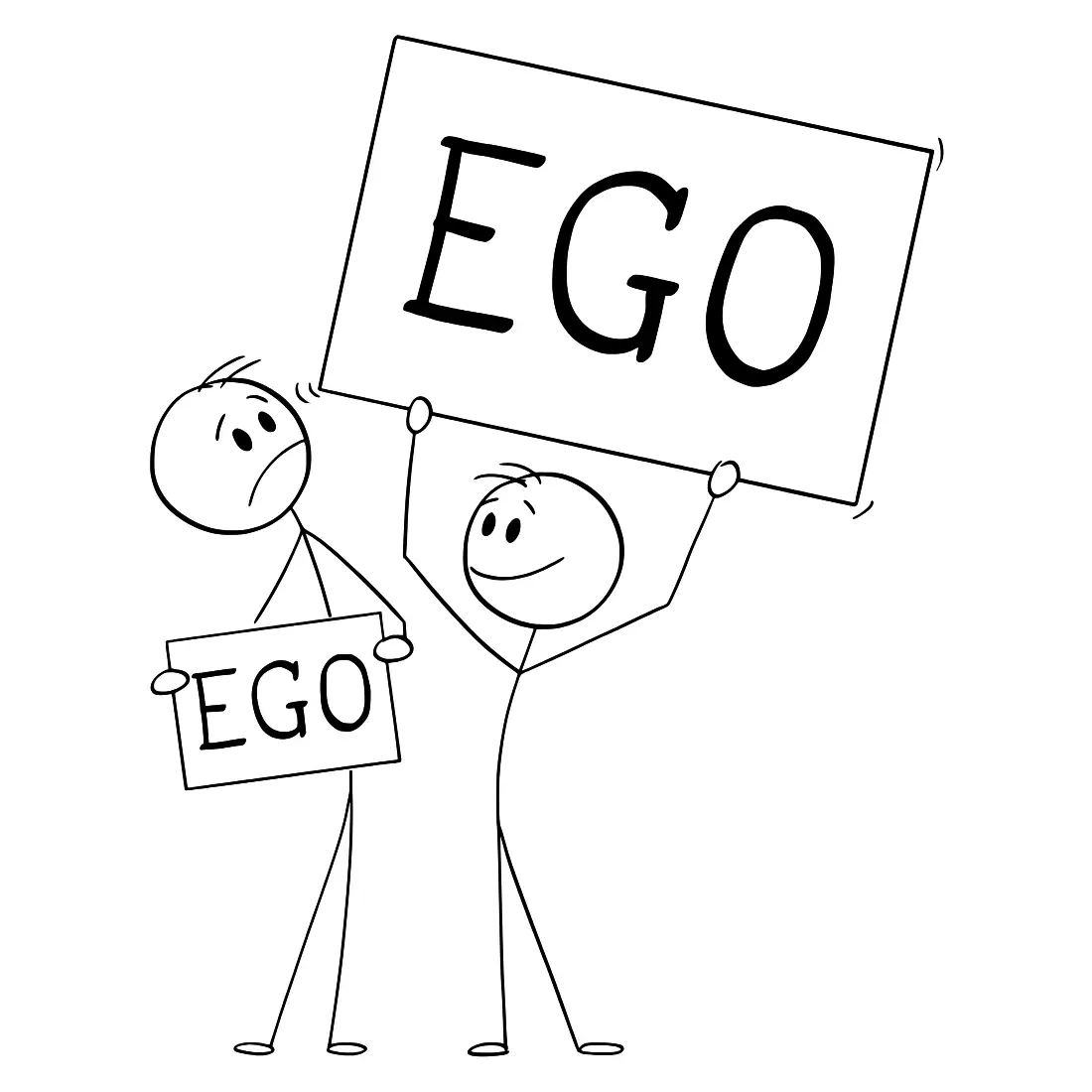Introduction
We all have an inner voice that influences our thoughts, actions, and emotions. But did you know that a large part of this “inner voice” is driven by something called the subconscious ego? The subconscious ego is an invisible force that plays a crucial role in shaping how we see ourselves and the world around us. Understanding the subconscious ego can lead to better self-awareness, healthier relationships, and even personal growth.
In this article, we’ll explore what the subconscious ego is, how it works, and how you can become more conscious of its effects on your daily life.
What is the Subconscious Ego?
The subconscious ego is a mental structure deeply embedded in your subconscious mind. It acts like a filter that influences your thoughts, feelings, and reactions without you even realizing it. While the conscious ego is the part of your personality you are fully aware of, the subconscious ego operates in the background, often shaping your perceptions and behaviors based on past experiences, conditioning, and unresolved emotions.
This “hidden” ego drives many of your automatic responses, such as feelings of self-doubt, defensiveness, or pride. It can even impact how you interact with others, sometimes leading to unhealthy patterns like overcompensation, judgment, or unnecessary conflict.
How the Subconscious Ego Affects Your Behavior
The subconscious ego isn’t inherently bad it’s part of your survival mechanism, helping you navigate the world based on past experiences and learned beliefs. However, when it dominates, it can lead to negative behaviors or distorted thinking patterns. Here are some ways the subconscious ego might affect you:
- Self-Perception and Identity: The subconscious ego often influences how you view yourself. If you have a deep-seated belief that you are unworthy, unlovable, or not good enough, your ego will work hard to confirm those beliefs. This can affect your confidence and self-esteem, making it difficult to accept praise or acknowledge your achievements.
- Defensiveness: If your subconscious ego feels threatened (e.g., by criticism or conflict), it may trigger a defensive reaction. This could manifest as anger, denial, or even withdrawing from a conversation. You might not even realize you’re doing it, but your subconscious is trying to protect you from feelings of inadequacy or vulnerability.
- Relationships: Your subconscious ego plays a significant role in how you interact with others. If you constantly compare yourself to others or feel the need to prove your worth, your relationships may suffer. You might become overly competitive, judgmental, or controlling without even realizing it.
- Automatic Reactions: Many of your daily actions, from simple habits to more complex decision-making processes, are influenced by the subconscious ego. For instance, if you’ve been conditioned to fear failure, you may avoid taking risks or trying new things, even if they could lead to personal growth.
Why the Subconscious Ego Holds So Much Power
The subconscious mind is responsible for a large portion of your mental processes. According to psychologists, around 95% of your thoughts and behaviors are governed by your subconscious mind. This means that the subconscious ego can have an enormous impact on how you perceive the world, relate to others, and make decisions—often without you realizing it.
For example, think about how you react to criticism. If your subconscious ego has been shaped by past experiences of rejection or failure, you may interpret criticism as a threat to your identity, causing you to react defensively. On the other hand, if you have a healthy relationship with your ego, you might be able to process feedback without feeling attacked.
How to Manage Your Subconscious Ego
While the subconscious ego has a powerful influence, it is possible to manage its effects and make healthier choices. Here are some strategies to help you become more aware of your subconscious ego and take control of its impact:
- Practice Self-Awareness: The first step in managing your subconscious ego is becoming aware of it. Start paying attention to your automatic reactions and thought patterns. When you feel defensive, angry, or hurt, ask yourself what underlying beliefs or past experiences might be influencing these feelings.
- Challenge Negative Beliefs: If you catch yourself thinking negatively about yourself, challenge those thoughts. Ask yourself whether they are based on facts or old conditioning. Replace negative self-talk with positive affirmations or more realistic beliefs about yourself.
- Embrace Vulnerability: One of the main reasons the subconscious ego is so defensive is because it fears vulnerability. By allowing yourself to be more open and accepting of imperfections, you can reduce the ego’s control. Practice vulnerability in your relationships and allow yourself to express your true feelings.
- Mindfulness and Meditation: Mindfulness practices can help you become more aware of the subtle ways the subconscious ego influences your behavior. Meditation can also help you detach from automatic thought patterns and gain clarity on your true desires and motivations.
- Seek Therapy or Coaching: If you find that your subconscious ego is causing significant distress or negatively impacting your life, seeking help from a therapist or coach can be extremely beneficial. They can help you uncover the root causes of your ego-driven behavior and guide you in making positive changes.
Conclusion
The subconscious ego is a powerful force that shapes how you think, feel, and act on a daily basis. By becoming more aware of how it operates, you can begin to identify when it’s influencing your behavior and make conscious choices to improve your relationships, self-esteem, and overall well-being. Managing your subconscious ego is a journey of self-discovery, but with time, patience, and practice, you can gain greater control over your thoughts and actions leading to a more fulfilling and authentic life.






